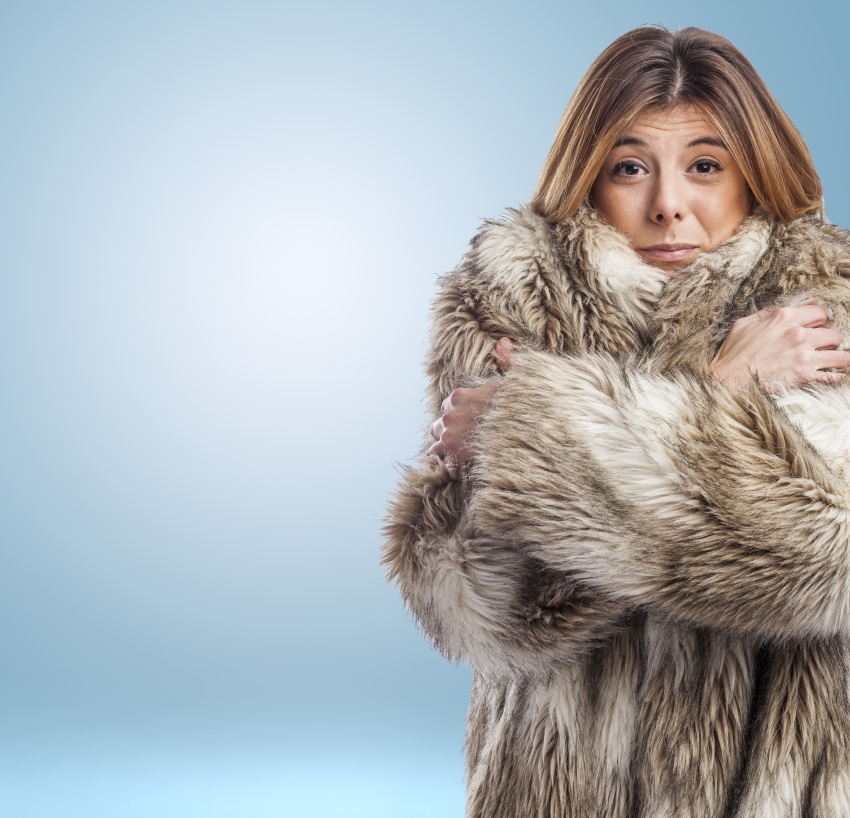Positive and Negative
| If | he had money, he I had time, I we had a million dollars, we |
would (wouldn't) | buy a new car. go today. buy a big house. |
The second conditional is used to talk about things which are not true in the present or in the future.
It is formed by If + past tense + would + verb.
If can be at the beginning of the sentence or in the middle.
- If the weather were better, we would go to the park.
- If we were in London today, we would be able to go to the concert of U2.
- I would eat sushi every day if I lived in Japan.
The correct form of the verb 'be' is were, but we can use was too.
- If I were you, I would look for a new place to live.
- If I was / were you, I would drive carefully in the rain.
- If I was / were you, I would put your coat on.
Questions
|
What Where |
would |
you do you go |
if |
you won the lottery? you went travelling for a year? |
Note: the use of the past tense with would does not refer to past time. It refers the present and future, like the first conditional. The use the past tense is to show that we are not talking about a possible reality.
Compare the following sentences:
- If we win the football match, we will be in the final. (This will probably happen)
- If we won the lottery, we would move into a new house. (This will almost not happen).




